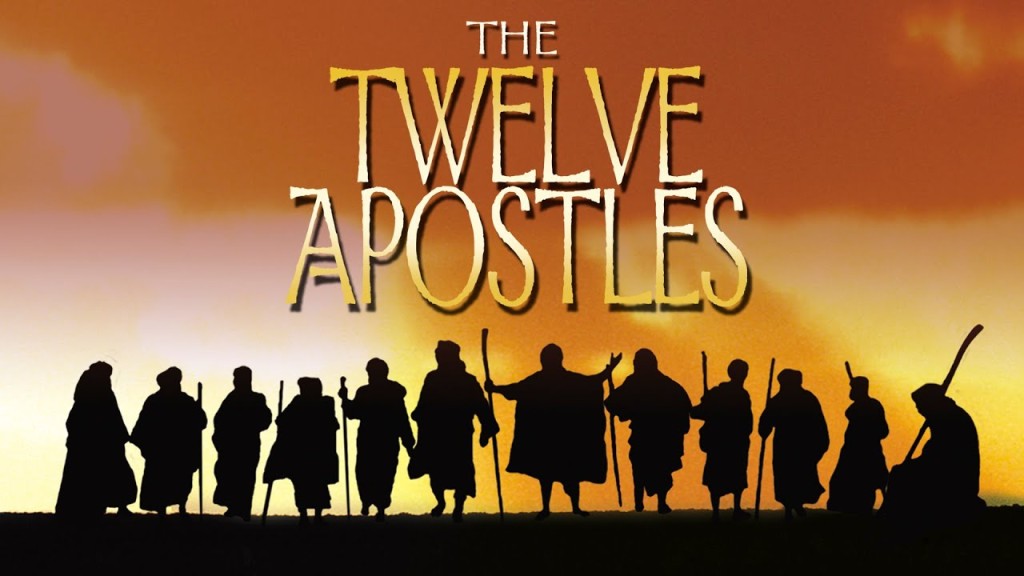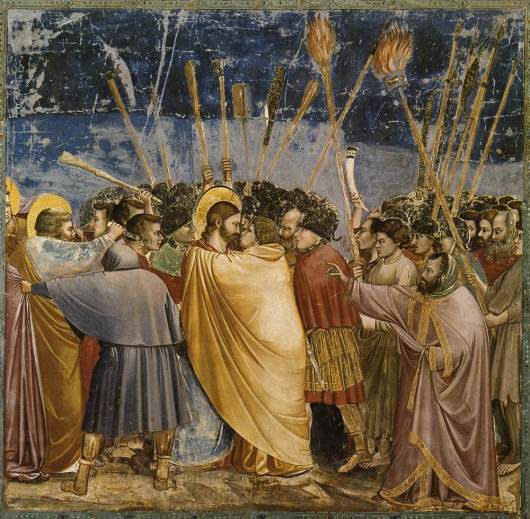Q. I have yet another biblical question concerning the anointing of Jesus by the sinful woman. This event was recorded in all four gospels, so it should be important (Mt 26:7-12; Mk 14:3-8; Lk 7:36-46; Jn 11:2, 12:1-8).
My biblical questions are: (1) Were there two anointings, one of Jesus’ head and the other His feet, and (2) Was the sinful woman Mary of Bethany? A related question is (3) Whether Judas Iscariot was related to the family of Lazarus, Martha, and Mary of Bethany? Of course, another bigger question is whether Mary of Bethany is the same person as Mary Magdalene, but this may just be important to Catholics, not Protestants.
There were two anointings, both involving very costly perfume, one early in His ministry in Galilee (Lk 7:36-50), the other near the end in Bethany near Jerusalem (Mt 26:6-13, Mk 14:3-9, Jn 12:2-11).
First, let us look at the account in Luke:
- Time: Galilean ministry, ~31AD;
- Place: Galilee – Capernaum (Lk 7:1), and Nain (Lk 7:11) are cities in the province of Galilee;
- Host: Simon (Lk 7:40) the Pharisee (Lk 7:36);
- Anointer: Unnamed woman who was a sinner (Lk 7:37) anointed Jesus’ feet with perfume (Lk 7:38, 46).
- Occasion: Led to the parable of two debtors (Lk 7:40-50)
Next, let us look at the accounts in Matthew, Mark, and John:
| Mt 26:6-13 | Mk 14:3-9 | Jn 12:2-11 | |
| Time: Jesus’ final week before His death ~33AD | Two days before Passover (Mt 26:2) | Two days before Passover (Mk 14:1) | Six days before Passover (Jn 12:1) |
| Place: Near Jerusalem | Bethany (Mt 26:6) | Bethany (Mk 14:3) | Bethany (Jn 12:1) |
| Host and server | Simon the leper (Mt 26:6) | Simon the leper (Mk 14:3) | Martha serving, Lazarus reclining at the table (Jn 12:2), likely as a guest |
| Anointer | An unnamed woman anointed Jesus’ head (Mt 26:7) | An unnamed woman anointed Jesus’ head (Mk 14:3) | Mary anointed Jesus’ feet (Jn 12:3) |
| Onlookers’ reaction | Disciples were indignant (Mt 26:8) | Some (disciples) were indignant (Mk 14:4) | Judas objected (Jn 12:4) |
| Perfume cost | High price (Mt 26:9) | Over 300 denarii (Mk 14:5) | 300 denarii (Jn 12:5) |
| Jesus’ reaction | Prepare Jesus for burial (Mt 26:12), will be spoken of in memory of her (Mt 26:13) | Prepare Jesus for burial (Mk 14:8), will be spoken of in memory of her (Mk 14:9) | Prepare Jesus for burial (Jn 12:7) |
The time, place, people, and occasion between the account in Luke and that in Matthew-Mark-John are very different to identify them as separate incidents. A leper was ceremonially unclean and cannot become a Pharisee. Simon was a common name in Israel during Jesus’ days, so there is no need to equate Simon the Pharisee with Simon the leper.
Concerning Matthew-Mark-John, some believe they refer to the same occasion based on the similarities. Others feel Matthew-Mark refers to the same incident, but John is a different event based on the differences. I believe the variations between Matthew-Mark and John are not significant and can be reconciled:
- Time: Matthew-Mark said two days before the Passover. John said Jesus came to Bethany six days before the Passover (Jn 12:1), but the actual supper could be held four days later. There was no contradiction.
- Host and server: Matthew-Mark said it was at the home of Simon the leper, so he must be the host. John said they made Him a supper there, without specifying who are the “they.” Some assumed that since Martha was serving and Lazarus was reclining at the table they must be the hosts. But it could be that Martha was helping out her family’s friend, and Lazarus was just Simon’s guest.
- Anointer: Matthew-Mark said an unnamed woman anointed Jesus’ head. John said Mary anointed Jesus’ feet. John simply identified the unnamed woman to be Mary. The head versus feet is not necessarily a contradiction. Mark said she broke the vial and poured the perfume over His head (Mk 14:3), part of which would have flowed to His feet. The anointing could include both head and feet but recorded differently for theological emphasis. Matthew focussed on the head to stress Jesus as the Messiah King, as OT kings were anointed on the head. John’s focus was on the feet, possibly to lead up to Jesus washing the disciples’ feet which was recorded only in John.
- Onlookers’ reaction: Again, John added the detail that the most vocal disciple was Judas Iscariot, the betrayer, and thief (Jn 12:4, 6). There is no need to hypothesize two anointings within a week before His crucifixion – one six days before the Passover, and again four days later.
- Perfume cost: Mark and John both specified the perfume cost to be three hundred denarii, which would be odd if it were a coincidence.
So my conclusion is that there were two anointings, one recorded in Luke and the other in Matthew-Mark-John. The similarities in the latter outweigh the differences, which could be reconciled. My principle of Occam’s razor (the simplest of competing theories is preferred to the more complex) led me to choose two over three anointings.
Secondly, was the sinful woman Mary of Bethany? No. There is no such identification anywhere in the Bible.
Third, was Judas related to Lazarus’ family? No. I believe Simon the leper and Lazarus were friends, but the extrapolation ends there. Judas’ father is specified three times in the Bible:
- Jn 6:71 Now He meant Judas the son of Simon Iscariot, for he, one of the twelve, was going to betray Him.
- Jn 13:2 During supper, the devil having already put into the heart of Judas Iscariot, the son of Simon, to betray Him,
- Jn 13:26 Jesus then answered, “That is the one for whom I shall dip the morsel and give it to him.” So when He had dipped the morsel, He *took and gave it to Judas, the son of Simon Iscariot.
As I said, Simon or its variation Simeon was a common name in ancient Israel.Nowhere in the Bible did it say Simon Iscariot was Simon the leper.
Lastly, Mary of Bethany was not Mary Magdalene. Mary of Bethany was the sister of Martha and Lazarus:
- Lk 10:38-39 Now as they were traveling along, He entered a village, and a woman named Martha welcomed Him into her home. She had a sister called Mary, who was seated at the Lord’s feet, listening to His word.
- Jn 11:1-2 Now a certain man was sick, Lazarus of Bethany, the village of Mary and her sister Martha. It was the Mary who anointed the Lord with ointment and wiped His feet with her hair, whose brother Lazarus was sick.
On the other hand, Mary Magdalene was Jesus’ disciple whom He healed of evil spirits:
- Mk 16:9 Now after He had risen early on the first day of the week, He first appeared to Mary Magdalene, from whom He had cast out seven demons.
- Lk 8:2 and also some women who had been healed of evil spirits and sicknesses: Mary who was called Magdalene, from whom seven demons had gone out,
Again, Mary or its variation Miriam was a common Jewish name. There is no biblical evidence that Mary of Bethany was Mary Magdalene.




